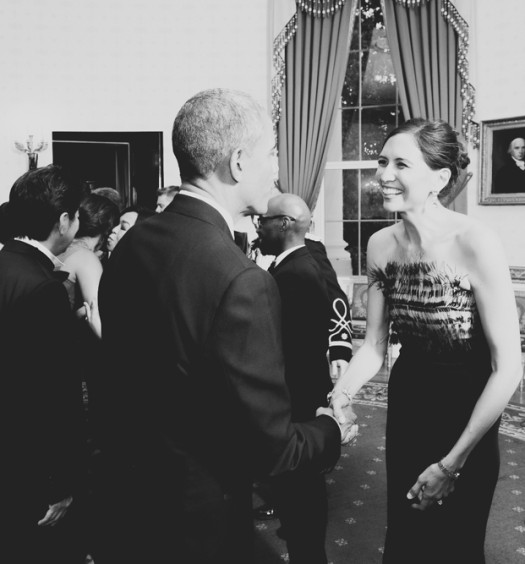Tell Your Story: But What if I Don’t Have a Story to Tell?
We all have a story worth telling and appreciating.

Photo by Dasha Pats
For years, people would ask me, “so, what’s your story?” which left me feeling uncomfortable. I would give some quick summary and turn around the chat to the person as soon as possible. I did, however, genuinely like hearing the stories of others and would find a great deal of inspiration in them. As for my own, I avoided it. What was it about my story that made me run for the hills? I found myself tangled in small talk (or more like no talk at all, ahem an introvert) instead of sharing my life experience.
Maybe I thought my story wasn’t good enough. Perhaps it was fear of appearing to others not as they have imagined me to be: not successful enough, not adventurous enough, not good enough, or not bad enough. I decided that the safest way is to convince me that I don’t have a story to tell, and one day when I do, it must fit the high standards society will expect my narrative to be. Standards that would make my story and myself very likable (if that’s you, please change your mindset. Don’t rob yourself from your own life experience).
Or perhaps I wasn’t ready to accept my story the way it was. You know, some stories are the ones that make people go “wow.” There’s lots of action in them. Other stories are slow and don’t seem to have much of an outward significance. I found myself belonging to the second category, and maybe that’s what made me hesitant to share. You know, when you imagine yourself being seen as a brave sun-tanned surfer when in reality, you actually can’t swim? But guess what, it’s O.K. one day you’ll be able to tell a story about how you learned to swim later in life so you can surf.
It wasn’t until my thirties that I recognized I have a story worth telling and appreciating. A story that doesn’t need to be edited, reframed, and fit into any boxes. A story that has been unfolding for years and is unfolding with every new day.
So how did I finally see it? It was a combination of events: I entered a season in my life where I became more aware of myself and through that more accepting of my own story. Then my good friend shared a few words that knocked new light into me. In a casual conversation, she made a point that I tried so hard to do things that society approves that somewhere along that road, I lost the real me. Maybe she said this without any intentions, but it took me into a new direction, and by walking me through the tunnels of thoughts, I reevaluated my life experience. I’m not going to say that I completely changed within hours and became a new person, but I enthusiastically looked into my life: past and present—and it all started to make sense. It might have seemed as if nothing was happening for months, but years later, you will turn around and see that it wasn’t slow. Everything is always in perfect order and at a perfect speed. I wish I paid more attention to them at the time. Everything I’ve been through, good and bad. I became grateful that I didn’t have it bad even though it wasn’t always easy. I moved across the ocean by myself at 22. And for the most part, I was always by myself. I might not have achieved yet what would look so darn good in society’s eyes. But my life looked good in my eyes and almost for the first time I fell in love with my story the way it is.
Bobette Buster, a storytelling professor, made a great point: “why someone would not value their own story baffles me.” So I became interested in valuing every inch of my life experience. I don’t need to add to it trying to make it look prettier or more adventurous, so people get attracted to it. My story is already enough because it’s part of my life. It’s how I experienced things, how I learned, and how I dealt with life events. My story isn’t supposed to teach others anything. Stop having this expectation from yourself. If it happens, it’s genuinely great, but tailoring and adjusting your account so others can learn isn’t fair.
Imagine a pile of puzzles pieces spread on a floor—they don’t make sense immediately, and you can’t see the result, but each has a role to play. One day it all will make sense. Learn to trust the process and to love your story. Your life is worth being appreciated.
STAY CONNECTED
Sign-up for The Collective—bringing you stories on culture, people, and community.


